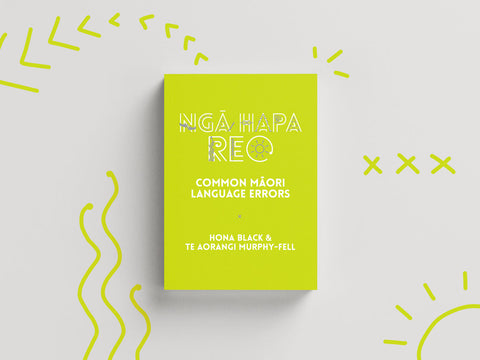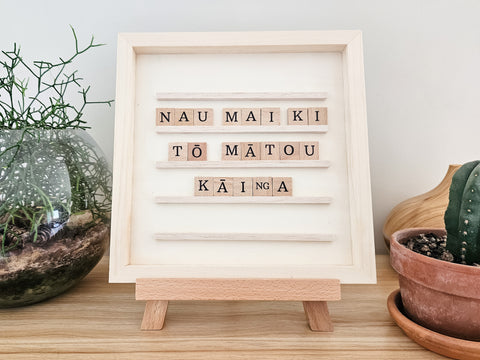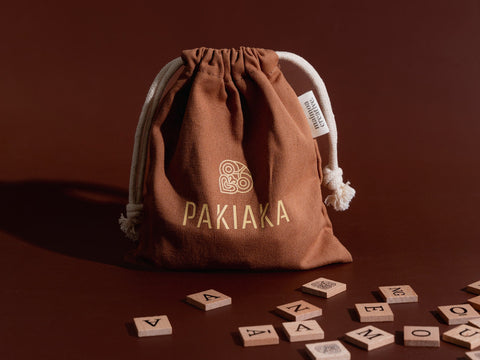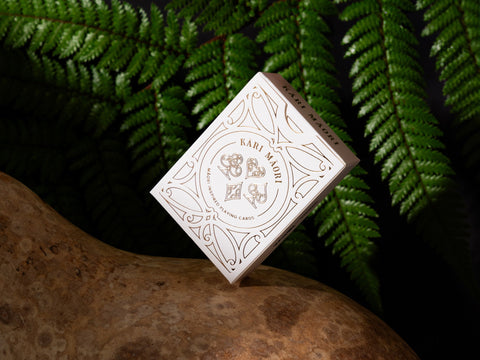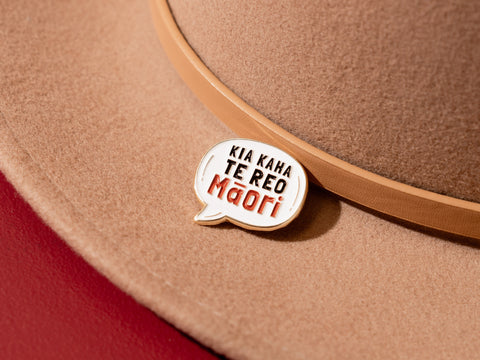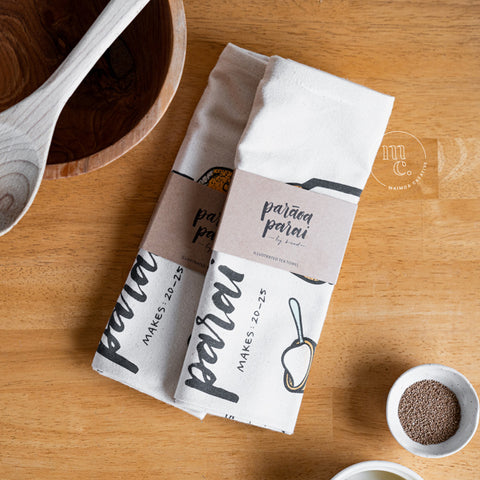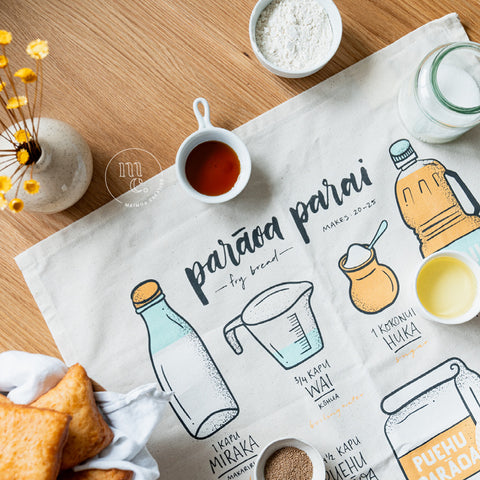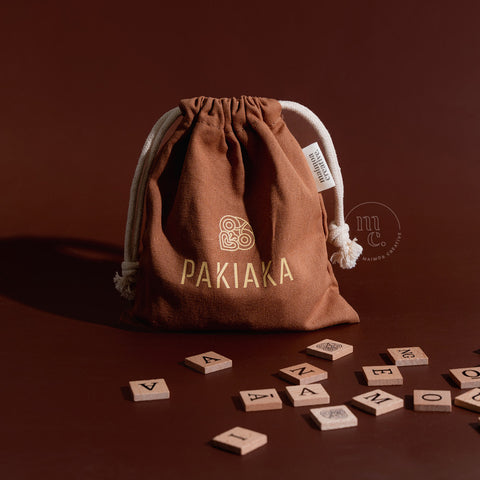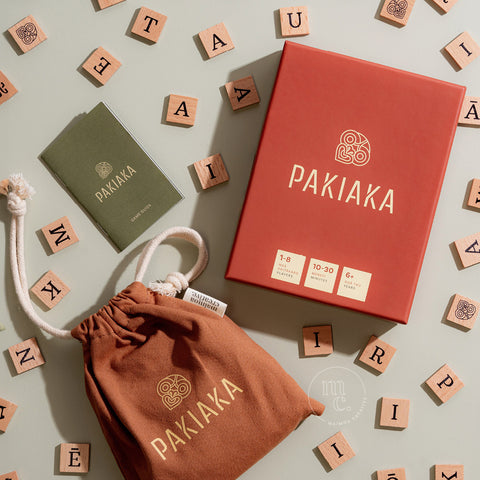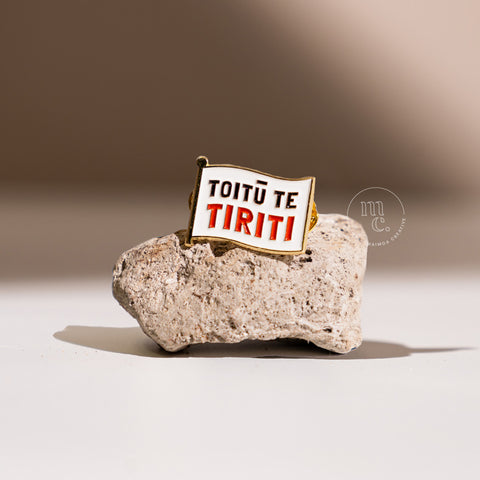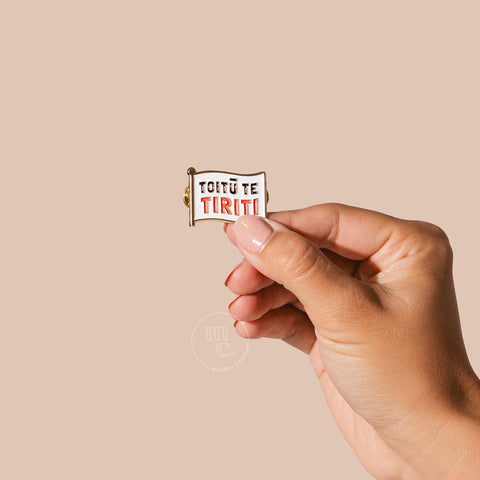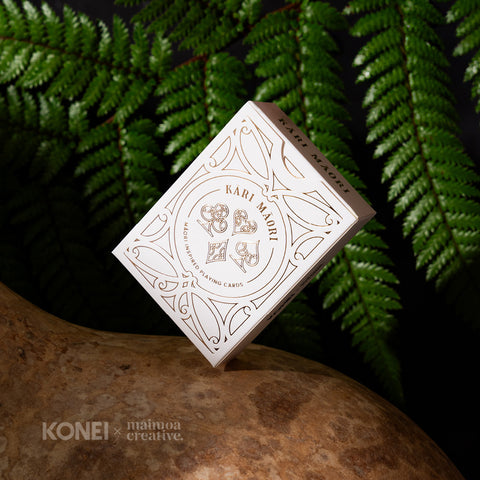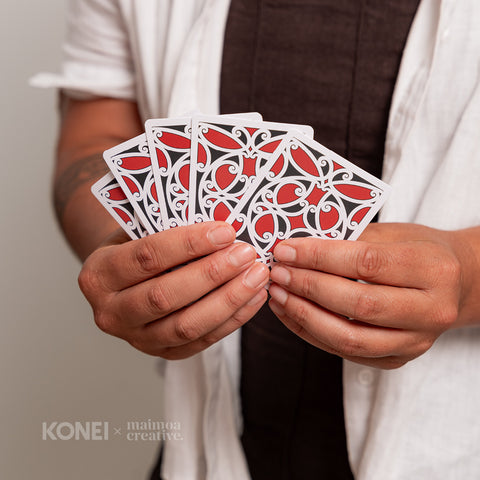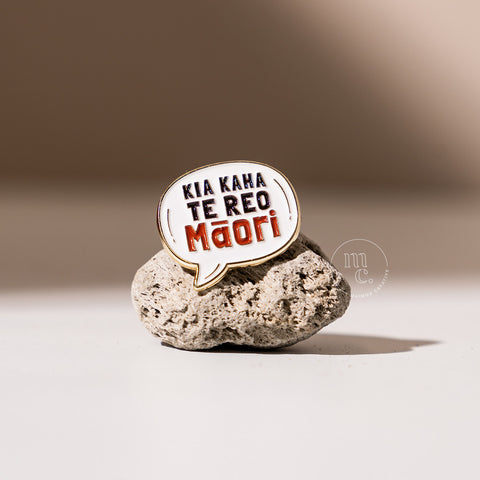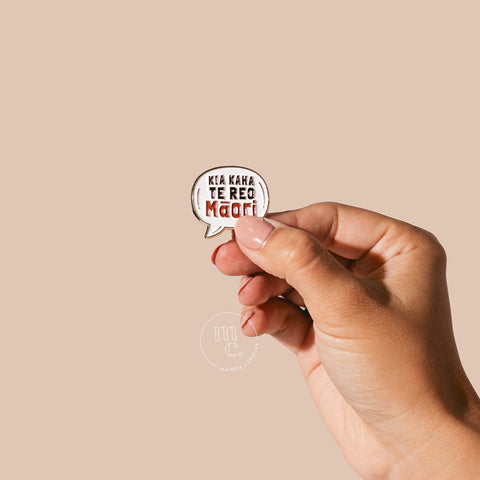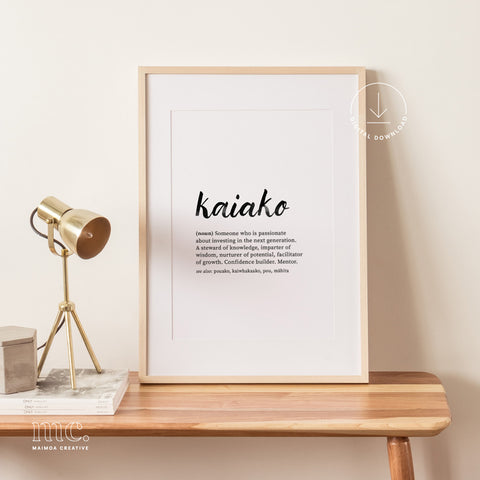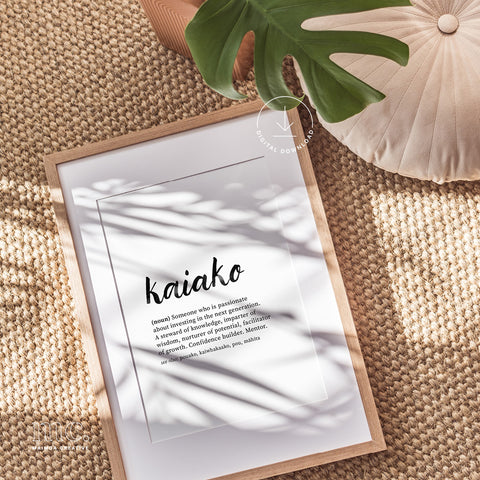In te ao Māori, manaakitanga is a fundamental concept that embodies the value of hospitality, kindness, and respect towards others, whether it be on the marae, in a workplace, or in your home. It is about creating a welcoming and safe environment for your guests and making them feel appreciated and respected.
Although I grew up disconnected from my Māori culture as a child, manaakitanga was a value that was instilled in us kids from birth (with credit also going to my Dutch heritage, where hospitality is also paramount). My parents are the epitome of hospitable, and they are constantly hosting people in their home. No matter who you are or where you're from, they will welcome you with open arms, offer a cuppa and kai, and a space to kōrero. Growing up I remember mum would always cook dinner in bulk, expecting to feed extra mouths if any of us brought home our friends.
Whether you are hosting friends, whānau, or strangers in your home, manaakitanga is essential to ensuring a positive and memorable experience for everyone involved. This article discusses a few tips for how you can implement the core values of manaakitanga within the context of hosting manuhiri/guests in your own home.
Pre-visit prep
Before your guests arrive, it's important to do some pre-visit preparation. If it's their first time visiting, give them clear directions on how to get to your whare, where they can park, and any other relevant information. Make sure you know about any dietary requirements they may have and cater to them accordingly. This shows that you value their needs and are willing to go the extra mile to ensure they feel cared for.
Pōwhiri (welcome)
First impressions are important, and a warm and welcoming greeting can set the tone for the rest of the visit. If your guests are arriving at night, leave an outdoor light on to guide them to your door, and offer to help them bring their belongings inside.
Offer inu (drink) and/or kai (food)
It doesn't matter what time of day it is, always offer them something to eat or drink. Home baking is a always nice touch to go with a cuppa, but a pack of plain bikkies does the trick too! If they are there for a meal, always make extra food, so there is more than enough, and cater to special dietary requirements. I was always taught "If there is no leftover food once everyone has eaten, there wasn't enough."
Cover the essentials
Make sure your guests have everything they need to feel comfortable in your home. This includes a freshly made bed, extra blankets, towels, a heater or fan in the room, spare hangers in the cupboard, the wifi code, and a space for them to put their things/bags. Even if you don't have a separate guest room and they have to crash on the couch or an airbed in the lounge, you can still cover all the basics and make them feel at home. If you want to go the extra mile, consider giving up your own bed or one of your kid's rooms to give them their own space or a more comfortable sleep.
Orientation
Give your guests a tour of your whare so they know where everything is (especially the wharepaku/toilet) and they won't feel whakamā (embarrassed) to ask. Let them know the usual wake-up and breakfast time in your household, and give them any other relevant information, such as any unusual noises they might hear at night or pets that sleep inside the whare.
Beyond the surface
Manaakitanga is not just about the physical aspects of hosting but also about creating a safe and welcoming environment where guests feel comfortable to open up and be themselves. This involves engaging in meaningful kōrero (conversation), actively listening, being attentive to their needs, and being genuinely interested in connecting with them.
Balancing presence and privacy
While it's important to be present and attentive, it's equally important to respect your guests' privacy. Give them space and time to relax on their own if that's what they need. By being mindful of your guests' needs for space and privacy, you'll be able to create a more comfortable and welcoming environment for them.
Element of surprise and delight
Adding a personal touch to your guest's stay can make a big difference. Consider adding little extra details like freshly picked flowers from the māra (garden), chocolates or treats, a small selection of toiletries in case they forgot theirs, a hot water bottle in winter, or stocking their favourite snack. These small gestures show that you value your guests and want them to have an enjoyable stay.
Poroaki (farewell)
When it's time for your guests to leave, take the time to say goodbye properly. Don't do the awkward wave from the couch and let them see themselves out 🙅🏾♀️. Walk them to the door or their waka (vehicle) to see them off, and let them know that they are welcome back anytime (only if they have been good manuhiri 😅).
Parting koha
Finally, consider giving your guests a little something to take home as a memento of their stay; such as homegrown veggies or fruit, homemade relish, home kill from the freezer, or freshly caught kaimoana (seafood). It is a way to show your appreciation and ensure that they leave with a tangible memory of their visit.
Hosting on a budget
Hosting guests can often feel daunting, especially if you're on a tight budget. However, it's important to remember that the essence of manaakitanga is not about extravagance or material possessions. You can still practice manaakitanga by being resourceful and using what you have. Don't feel like you need to go overboard with extra details - the most important thing is providing a safe and welcoming space for your guests. Good conversation, active listening, and creating a relaxing environment are all free ways to make your guests feel appreciated and at home. Remember, at the heart of manaakitanga is the goal of filling your guests' wairua tanks, and this can be achieved regardless of your financial resources.
Ultimately, manaakitanga is a way of life and not just a concept. It should be practiced with sincerity and aroha (love) towards all those who come into our lives.



